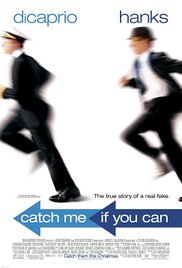Stranger things have happened than authentic women existing on the TV screen, but I might have struggled to realize this until I watched, well, Stranger Things. And I’m not totally living under a rock. I watch a lot of TV – some of it provides moments where I’m proud to be female and some of it makes me cringe at how poorly my fellow women are portrayed. I grew up on TV and movies that didn’t try too hard to fight the system of masculine stereotypes of women. Shows like I Love Lucy or Green Acres – they were funny, had their good moments, but mostly they reminded me that women were irrational, overly emotional, and incapable of basic things like handling a budget or knowing that a pound cake doesn’t weigh just one pound.
Today, in contrast, I’ve watched a fair amount of shows that attempt to be progressive about their representation of women, with varying degrees of success. In high school, I devoured One Tree Hill (I’m team Peyton, in case you’re curious), and I remember things like Brooke starting her own business in high school, Karen Roe rocking her role as a single mother, and Peyton opening her own record label. It’s clear the show was trying and somewhat succeeding at empowering women to be their own agents. But in the moments of tragedy (the school shooting, when Peyton was drugged at a college party), the guys almost always came to the rescue of the helpless women. Now, I’m currently in the midst of the CW’s Riverdale, which can be commended for making women active, not damsels in distress. But I really struggle to take any progressive storylines seriously in theory, when in practice the women are perfectly made up, clad in skin tight clothing, and wearing high heels while doing the dirty work – which can be both objectifying and unrealistic.
Stranger Things is different, and I want to talk about why it inspires me to be a woman. Instead of being caricatures or one-dimensional objects that exist to be looked at or to embellish the plot, each woman is alive. Each woman is her own agent, not a mockery of typical female traits or some idealistic depiction of what men want, but a real, living portrayal of humanity. I’m not saying that the Stranger Things women aren’t cooler than your average Jane, but they aren’t so inhumanely awesome (maybe except Eleven) that a female audience can’t relate to them. They are flawed, natural, beautiful, and powerful. Continue reading “Claiming Humanity in Stranger Things by Autumn Meyer”

